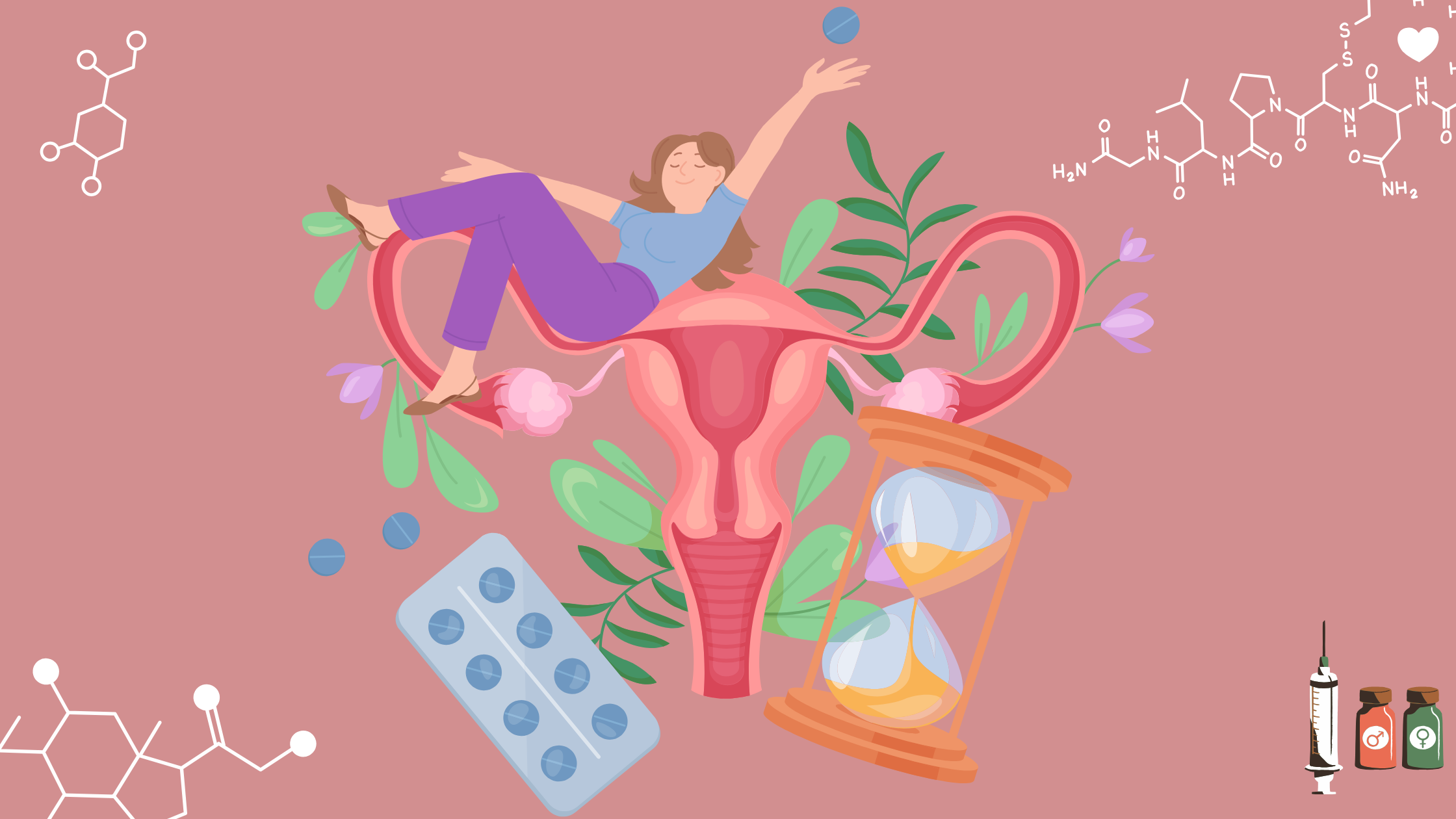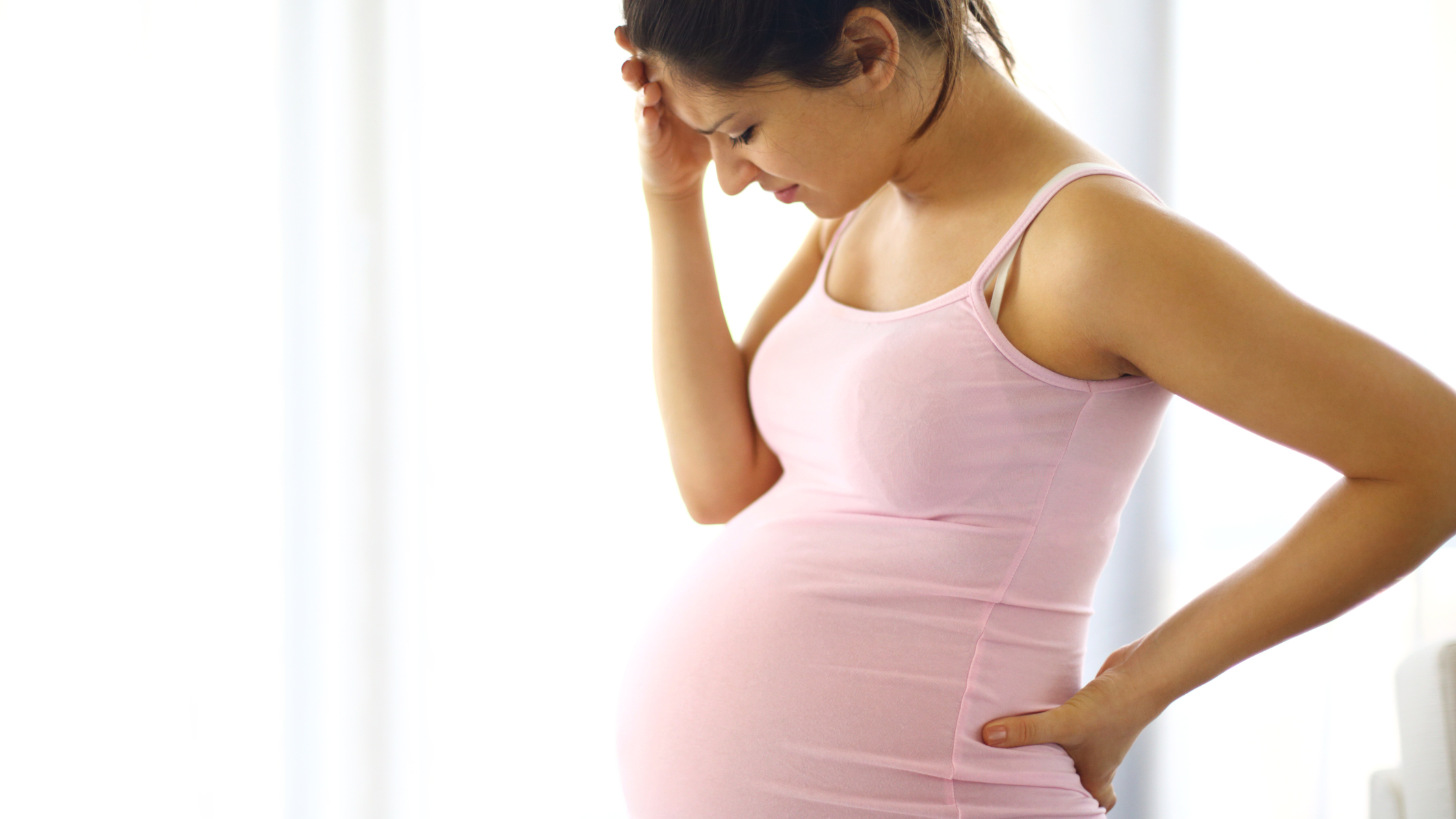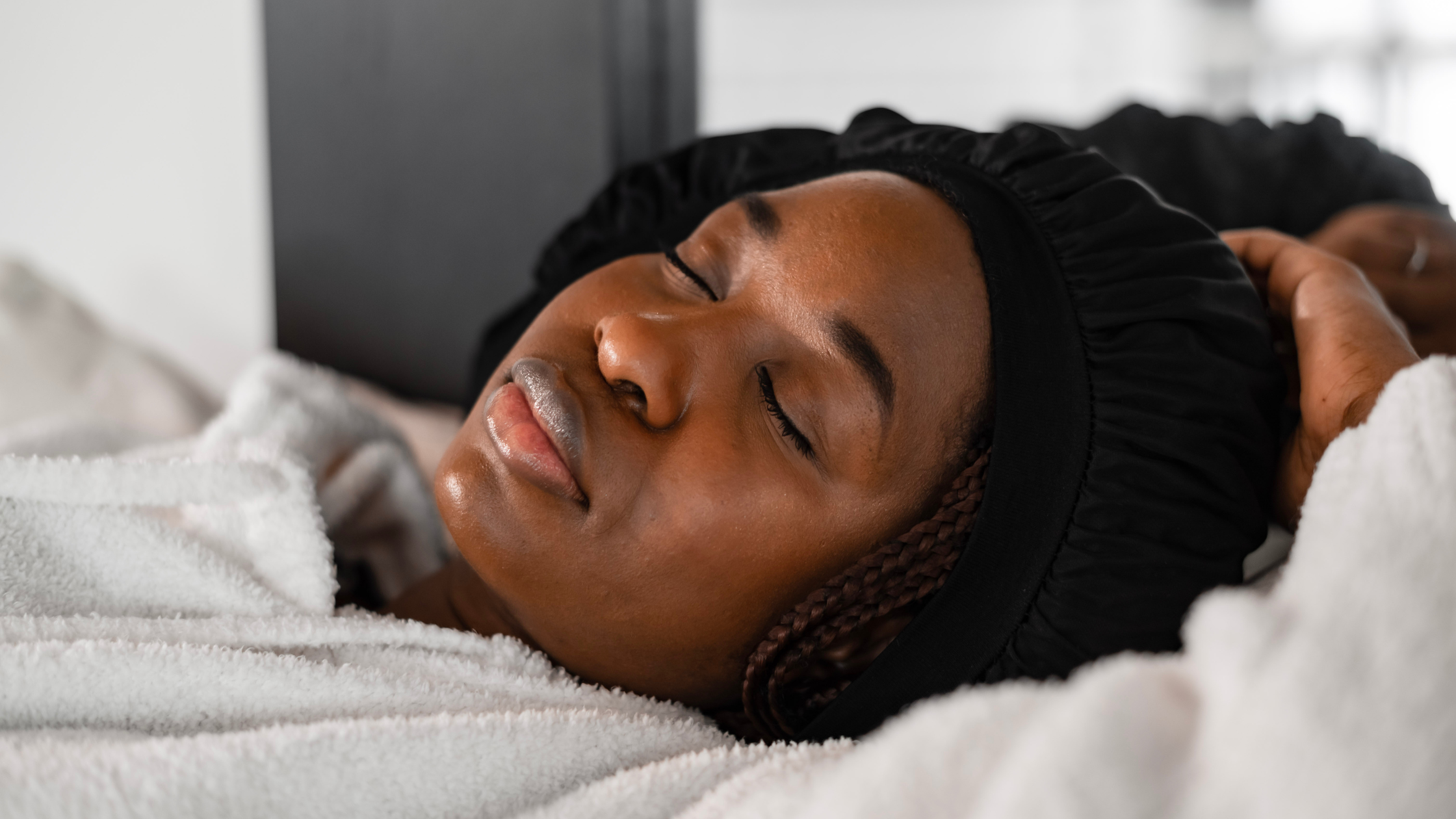Hormones do far more than regulate reproduction—they also have a profound effect on sleep. Two of the most influential hormones in this relationship are estrogen and progesterone, both of which fluctuate naturally throughout the menstrual cycle, pregnancy, and menopause. These changes can directly alter how easily you fall asleep, how long you stay asleep, and how rested you feel in the morning.







